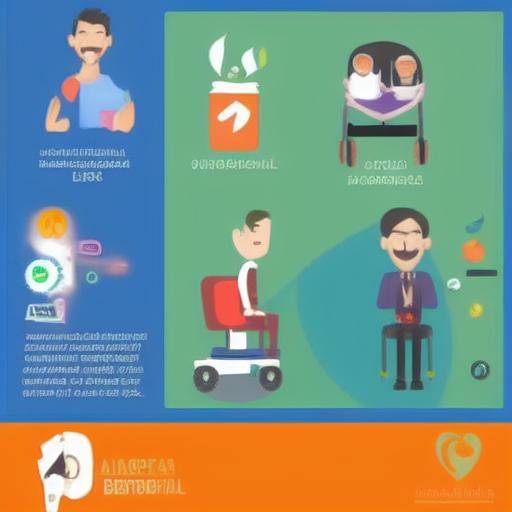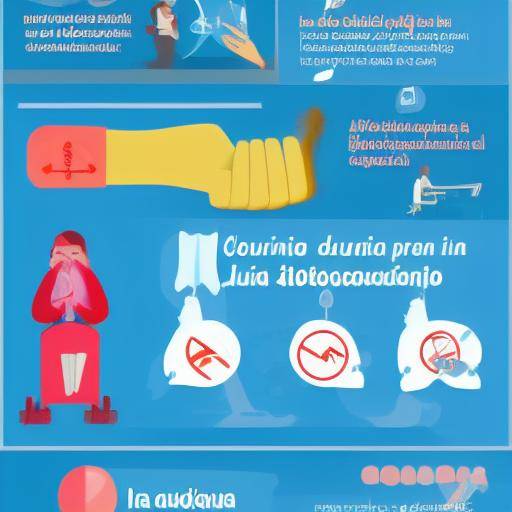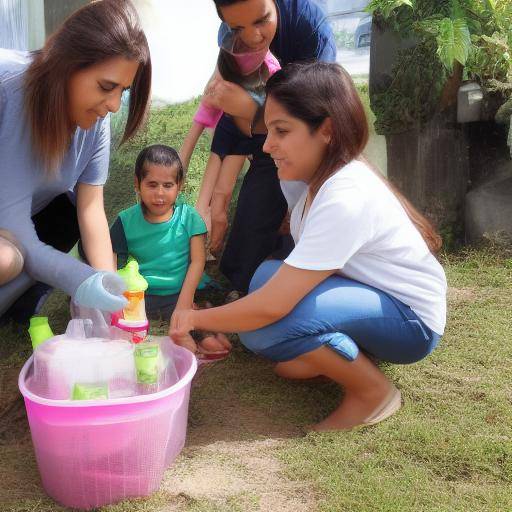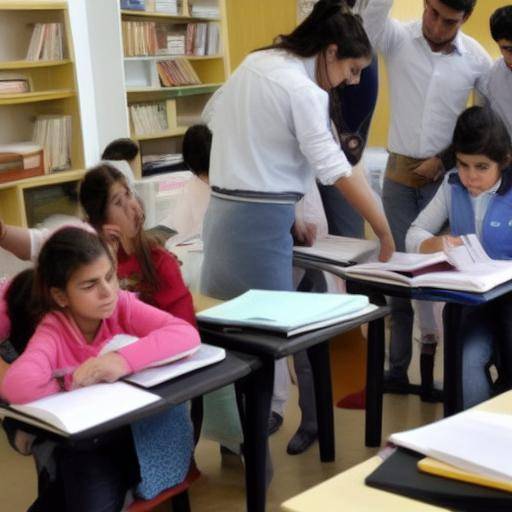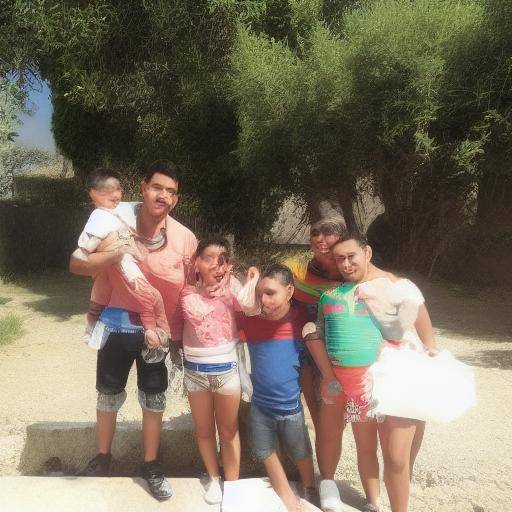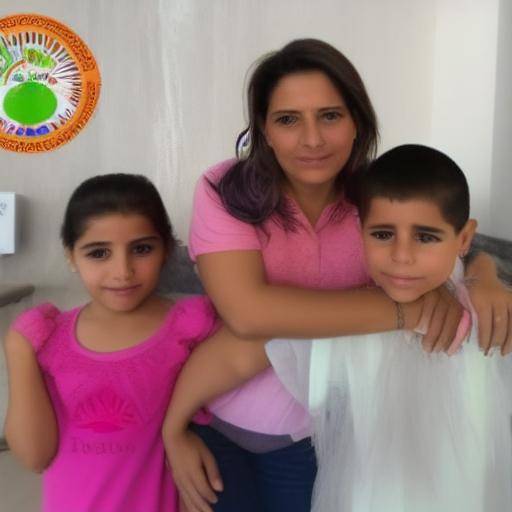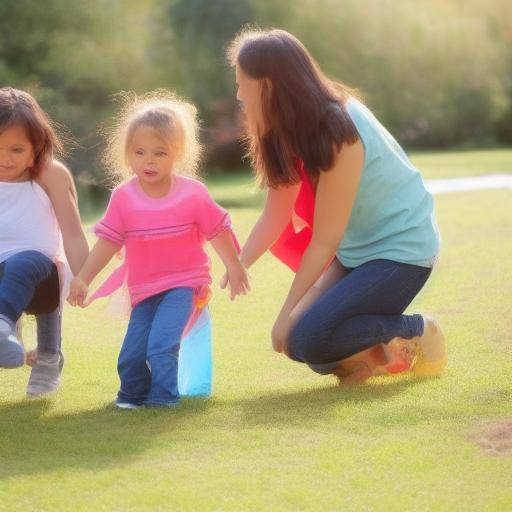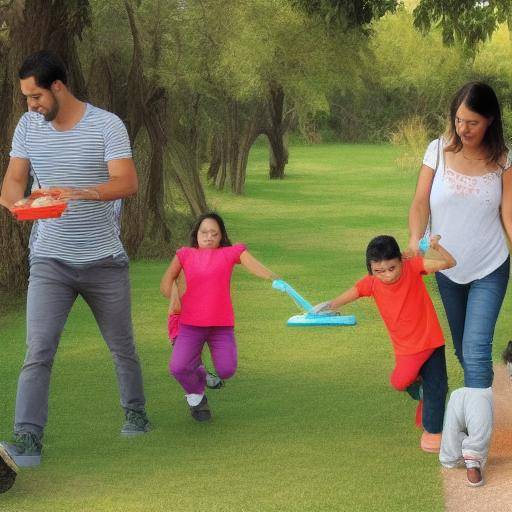
In modern life, we find ourselves increasingly immersed in the digital world, spending long hours in front of screens and electronic devices. This trend has led to an increase in physical and mental health problems, especially among the youngest. It is crucial to reconnect with nature and encourage outdoor activities, especially in the family context. In this article, we will explore the significant benefits that outdoor activities offer to families, from improving health to strengthening emotional ties.
Benefits in Physical and Mental Health
Outdoor activities provide a unique opportunity for families to exercise and maintain a healthy lifestyle. Exposure to fresh air and sunlight promotes vitamin D, strengthens the immune system and helps regulate the sleep cycle. In addition, participating in outdoor activities reduces stress and anxiety, significantly improving the mental health of both children and adults.
Strengthening of Family Links
In the context of outdoor activities, families have the opportunity to spend time together, away from the distractions of everyday life. This allows them to develop a closer connection, foster communication and strengthen family ties. Teamwork and problem solving involving participation in outdoor activities are fundamental to the development of positive family relationships.
Learning and Personal Development
Outdoor activities offer a rich environment for experiential learning. Children have the opportunity to explore nature, learn about the environment and develop practical skills. From building a shelter to identifying plants and animals, these experiences encourage curiosity, creativity and the development of motor skills.
Enhancing Environmental Respect
Participating in outdoor activities gives families the opportunity to appreciate the beauty and fragility of the natural environment. This direct contact with nature promotes respect, environmental responsibility and ecological awareness, instilling fundamental values in future generations.
Enhancing Resistance and Overcoming Challenges
Outdoor activities such as hiking, camping and climbing offer physical challenges that encourage resistance, perseverance and self-confidence in family members. Overcoming obstacles in a natural environment strengthens resilience and promotes a positive attitude towards problem solving.
Promotion of Creativity and Fun
Nature provides a stimulant backdrop that awakens creativity and imagination. Outdoor activities provide numerous opportunities for play and fun, allowing families to create lasting memories in unique natural environments.
Long-term Healthy Habits Development
Participating in outdoor activities from childhood promotes the formation of healthy habits that will last throughout life. By actively engaging in the natural world, families inculcate positive attitudes towards physical activity, sustainability and general well-being.
Integration of Technology and Nature
In a world dominated by technology, the balance between the use of electronic devices and participation in outdoor activities is fundamental. Families can integrate technology creatively through orientation, naturalistic photography or route tracking applications, thus enriching their experience in nature.
Conclusion and FAQs
Conclusion
In short, outdoor activities offer a wide range of benefits for families, ranging from improving physical and emotional health to strengthening family ties and personal development. It is crucial to promote and prioritize these outdoor experiences to ensure a healthy balance in family life.
FAQs
1. What are some outdoor activities ideal for families?
The ideal outdoor activities for families include hiking, cycling, picnics, camping, bird watching, kayaking, fishing, rock climbing, or simply exploring natural parks. These activities offer opportunities for family members to join, experience nature and enjoy together an outdoor quality time.
2. How can families incorporate outdoor activities into their daily routine?
Families can incorporate outdoor activities in their daily routine in a variety of ways, such as planning short departures after work or school, organizing weekend excursions, establishing family outdoor traditions, or including outdoor activities at special events such as holidays or holidays.
3. What are the specific benefits for children when participating in outdoor activities?
Children involved in outdoor activities experience significant benefits, such as increased physical, cognitive and emotional development, health improvement, creativity and imagination, strengthening self-esteem and trust, as well as greater respect and connection with nature.
4. How can parents motivate children who show little interest in outdoor activities?
To motivate children who show little interest in outdoor activities, parents can focus on identifying their interests and preferences, involving them in planning activities, choosing places or activities that awaken their curiosity, and presenting challenges or rewards that motivate them to participate.
5. What is the importance of safety in outdoor activities for families?
Safety in outdoor activities is of paramount importance to families, as it ensures the protection of all members, minimizes the risks of injury or setbacks, and allows them to enjoy activities in a comfortable and carefree manner. It is crucial to follow appropriate security measures and to be prepared to face any adversity.
6. What role does planning play in the success of outdoor activities in the family?
Planning is essential for the success of outdoor activities in the family, as it allows to take into account all aspects related to safety, logistics, equipment, supplies, climate conditions, and the specific needs of each family member, thus ensuring a rewarding and unhindered experience.
In conclusion, outdoor activities offer a wide range of benefits for families, promoting health, emotional well-being, connecting with nature and strengthening family ties. By prioritizing these experiences, families can foster an active, healthy and balanced lifestyle for the benefit of all their members.










